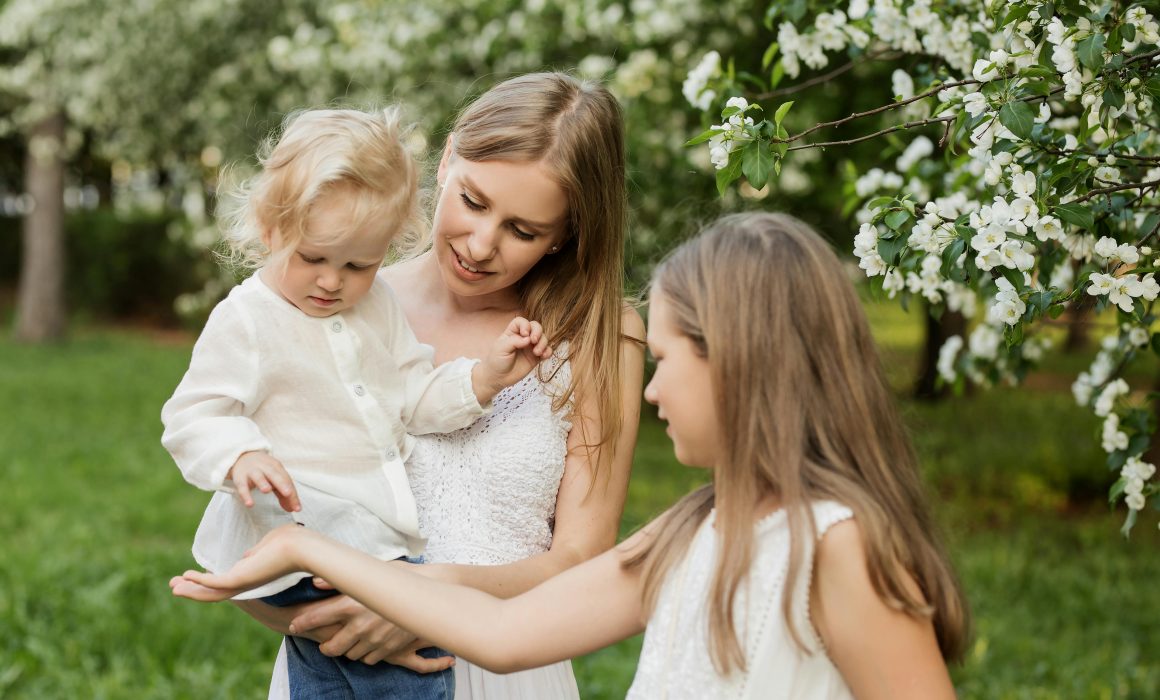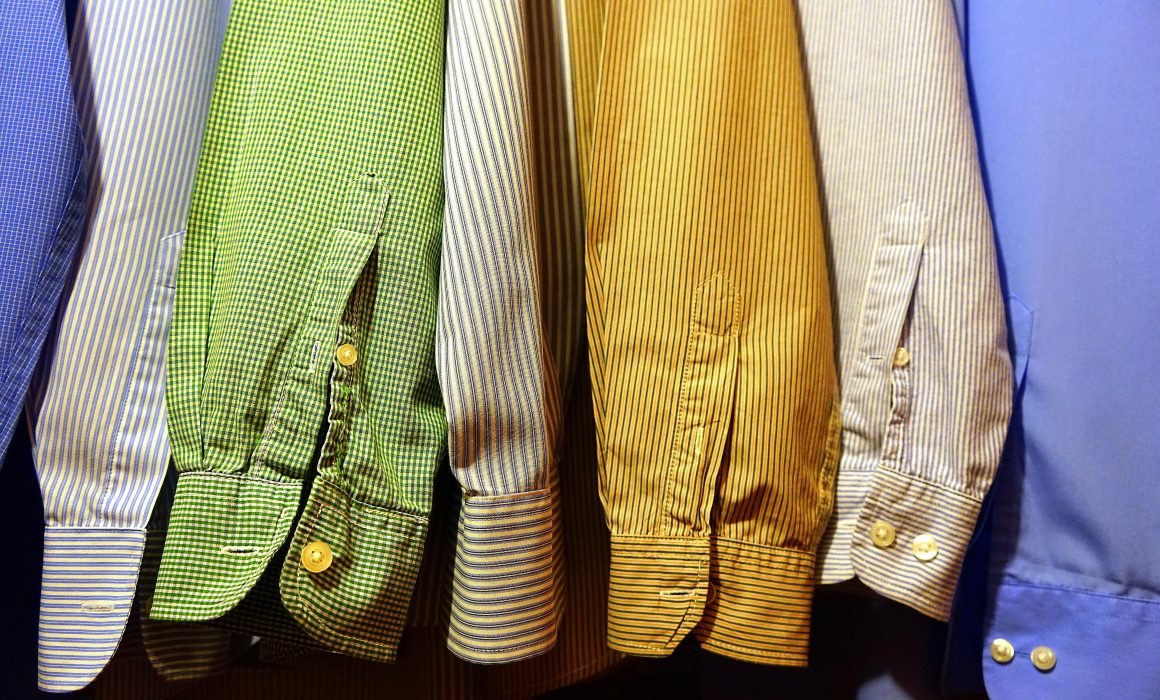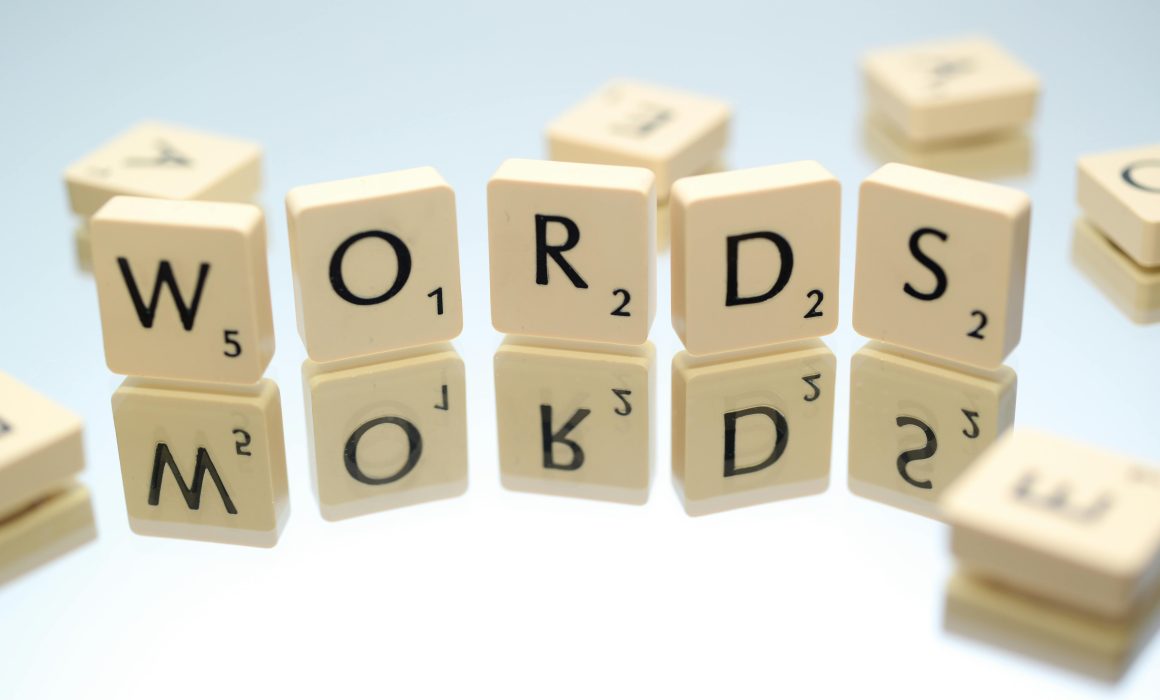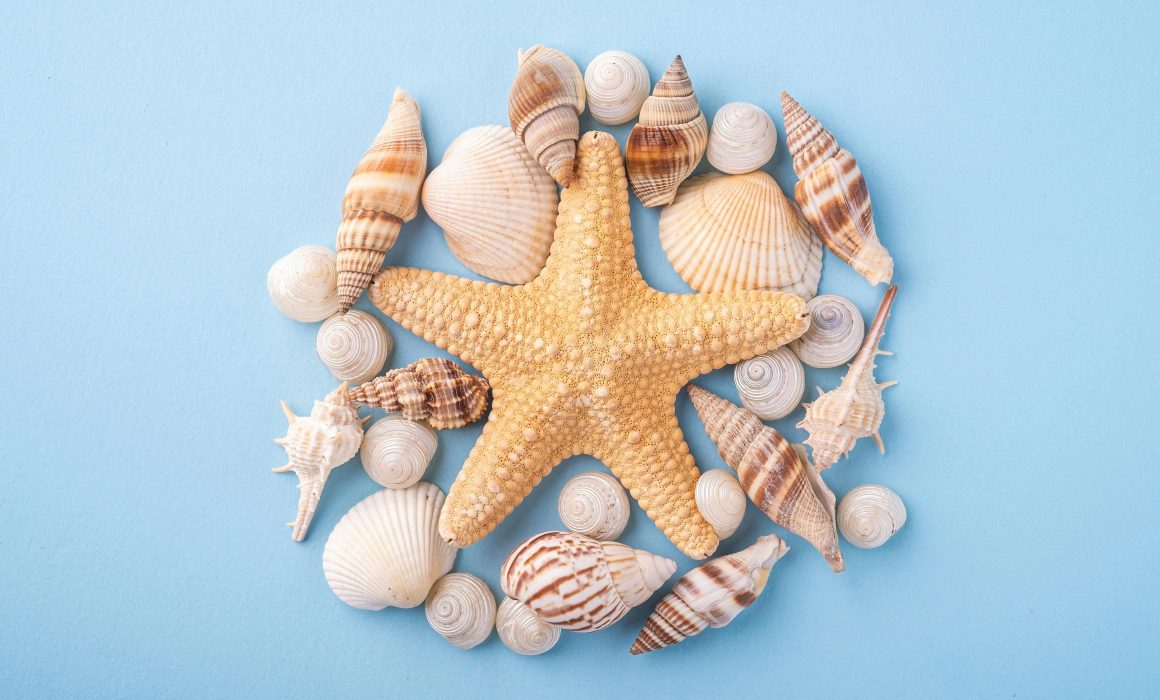In this video, we’ll cover essential French vocabulary related to family members.
Whether you’re talking about your parents (les parents), siblings (frère et sœur), or grandparents (les grands-parents), knowing these words will help you talk about your family in French with ease.
We’ll go over terms like le père (father), la mère (mother), le frère (brother), and more.
Join us to expand your vocabulary and improve your ability to communicate in French!










